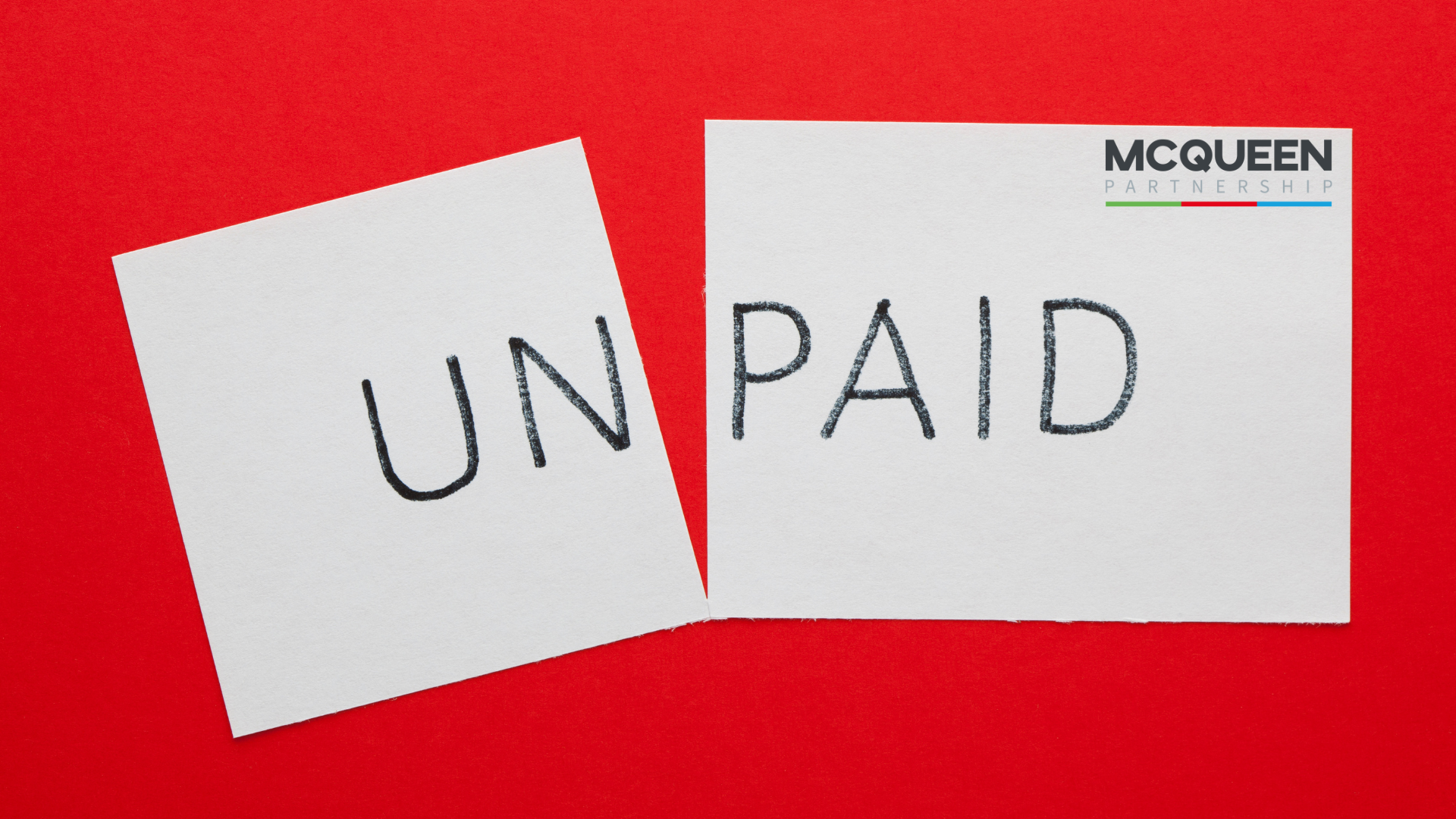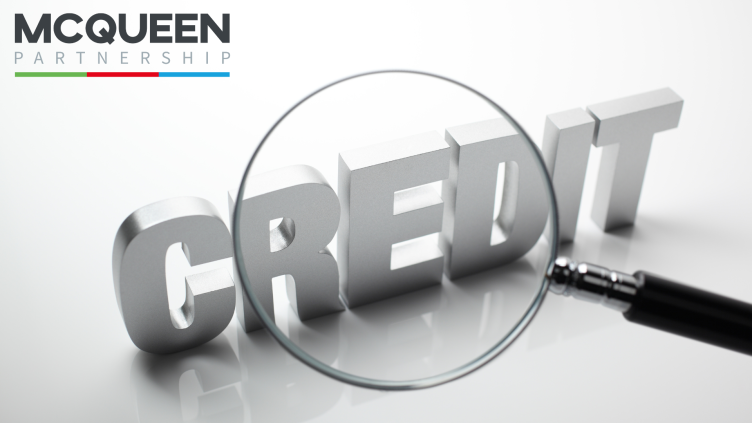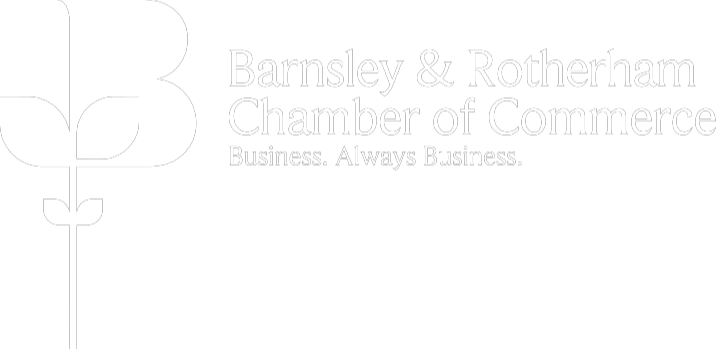Insights & Articles

As a business owner, you’re probably no stranger to the importance of cash flow. But even with the best intentions, getting clients to pay on time can be a challenge. That’s where having an effective credit control process comes into play—it’s what keeps your finances healthy and ensures you’re not constantly chasing overdue invoices.

As business owners, we all know how frustrating it can be when clients don’t pay their invoices on time. You’ve done the work, but getting paid can feel like a constant struggle. At McQueen Partnership, we work with businesses like yours every day, helping them streamline their credit control processes and get those unpaid invoices sorted.

Dealing with overdue invoices is a common yet challenging aspect of running a business. Unpaid invoices can significantly impact your cash flow, making it essential to manage them efficiently and effectively. Here, we'll explore how to handle overdue invoices, how to chase them politely, and what happens if they remain unpaid.

In the fast-paced world of business, chasing overdue payments can be a challenging and emotional journey for business owners. The frustration and stress associated with debt recovery can often cloud judgment and hinder decision-making. In times like these, it's essential to remember the mantra: "Don't get bitter, get better."

In the world of finance, the role of a credit controller is pivotal. These professionals are entrusted with managing a company's accounts receivable, ensuring that payments are received on time, and helping to maintain a healthy cash flow. To excel in this role, a credit controller must possess a unique set of skills that go beyond mere number-crunching. In this blog post, we will explore the ten essential skills that make an effective credit controller, shedding light on what it takes to thrive in this crucial position.

Dealing with unpaid debts can be a challenging task for any business, regardless of its size. While it can be frustrating, it's essential to approach debt recovery with a clear strategy in mind to minimize losses and maintain positive relationships with your customers. In this article, we'll address key questions related to debt recovery, helping you navigate this complex process.

In today's competitive business landscape, efficient financial management is crucial for sustained success. One often-overlooked aspect of financial management is credit control, which plays a significant role in ensuring a healthy cash flow and minimsing bad debts. While some businesses choose to handle credit control in-house, an increasing number are turning to outsourcing for various compelling reasons.

Debt collection is a vital part of the financial industry that helps businesses and individuals recover outstanding debts. It involves engaging with debtors who have failed to make payments and working towards recouping the owed amount. In this article, we will demystify the world of debt collection and shed light on the role of debt collectors in the recovery process.

Late payment is a widespread problem in the UK, with many businesses facing delayed payments from their customers. In fact, according to recent research by BACS, UK SMEs are owed a staggering £23.4 billion in late payments, causing significant cash flow problems for many businesses. This figure has only increased since the pandemic, where cash flow has become even more critical for businesses' survival.





















